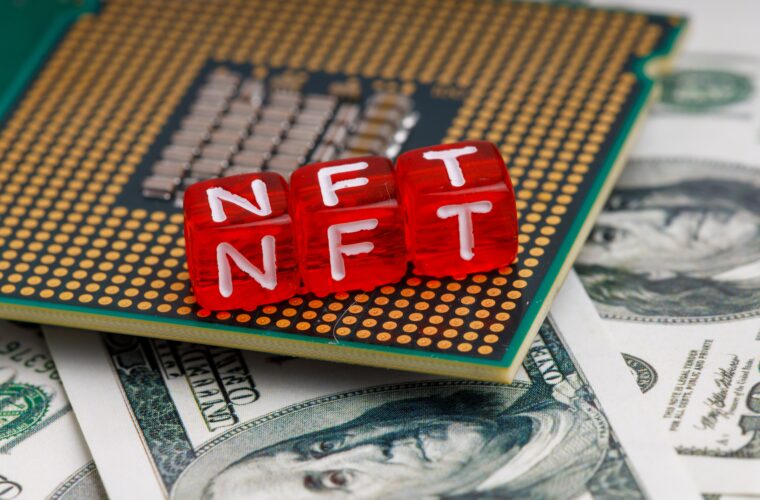The rise of NFTs has rewarded the OpenSea marketplace (and made the two founders billionaires)
In a year in which technology did not offer particularly exciting and significant devices in terms of innovation, the trend for 2021 is NFTs. The non-fungible tokens, assets that have unique properties and are therefore not interchangeable with other objects, which in digital format have registered a great following due to the possibility of being bought and sold like any other private item. Although infinite reproducibility is one of the main peculiarities of the digital world, there is the Ethereum blockchain to certify the ownership of a given asset, which then acquires value on the market in relation to its popularity and ability to sell and attract the curiosity of potential buyers by those who aim to make a profit by offering their works. In this sense, NFTs have become very popular over the past year, ranging from art to video games, from music to virtual clothing, offering companies the chance to exploit a new market to increase revenues, while new and old artists, musicians and designers find themselves with one more opportunity to get their work known and secure a big hit.

A golden year and an unpredictable evaluation
Not everyone, or rather very few of them, can cherish the dream of replicating the record of Beeple, the American artist who created ‘Everydays: The first 5,000 Days’, a virtual collage sold at Christie’s auction for 69.3 million dollars. The global attention that has poured into NFTs has rewarded those who first bet on the non-fungible token boom, namely OpenSea, the best-known marketplace dedicated to buying and selling NFTs. Founded in New York in 2017 by then under-30s Devin Finzer and Alex Atallah as a peer-to-peer platform on which users can create, buy and sell NFTs of all kinds for a 2.5% commission on each individual transaction. Representing OpenSea’s surge is the volume of business generated by buying and selling during the last three years: in 2018 the figure was $475,000, in 2021 it exceeded $15 billion, a growth rate of over 1.230%. The rise in the last twelve months has been staggering, as by the end of 2020 the turnover was around $24 million.

The most striking thing about OpenSea is that it is the platform where almost all of the NFT market’s business is consumed, with currently around 400,000 transactions per week and a trading growth margin that, according to the platform itself, has grown 600 times over the previous year. Such a rise has attracted the interest of investment funds and venture capital firms, so after the $100 million funding round led by Andreessen Horowitz, a second $300 million Series C round arrived in recent days, with Paradigm and Coatue topping the list of new and old investors. A move that has pushed OpenSea’s valuation to $13.3 billion, a value impossible to think of only a year ago and much criticized by those who question about the explosion of NFTs, which are not seen as a scalable reality but as a remedy for investors who put their money here in the absence of and in anticipation of more solid markets with greater growth potential in the medium and long term. Beyond its success, NFTs are not without their critics and problems, ranging from wash-trading to the environmental impact of the technology behind NFTs (similar in some ways to cryptocurrencies) to the danger of fraud, with OpenSea itself parting ways last autumn with its head of product, Nate Chastain, accused of insider trading.

OpenSea’s escalation has rewarded its founders, the first billionaires thanks to NFTs. With an 18.5 per cent stake each in the company they founded, their assets stand at $2.2 billion after the latest valuation. Colleagues during their time at Y Combinator, after stints at Pinterest and Palantir, Finzer and Atallah currently lead a company with more than 70 employees and with the recent funding aim to accelerate product development and double the team dedicated to security and customer service. In this context, the hiring of Shiva Rajaraman, the new Vice President of Product, who was taken from Meta and has worked for YouTube, Spotify and WeWork, is significant.
Apart from the possible speculations and the bubble risk for a market based on collections and investments, with the copyright issue in the background, because the ownership of an NFTs does not foresee revenues linked to copyright (which end up on the account of whoever conceived and produced the work), the short-term future of OpenSea seems brighter than ever, with a business volume by 2022 estimated at 80 billion dollars.



